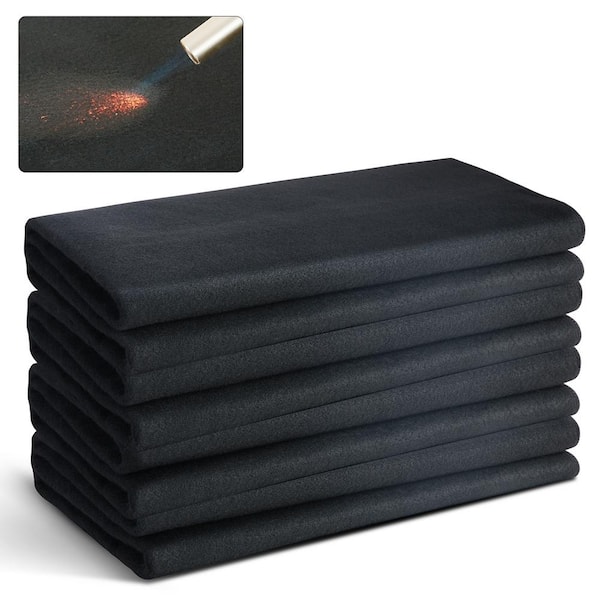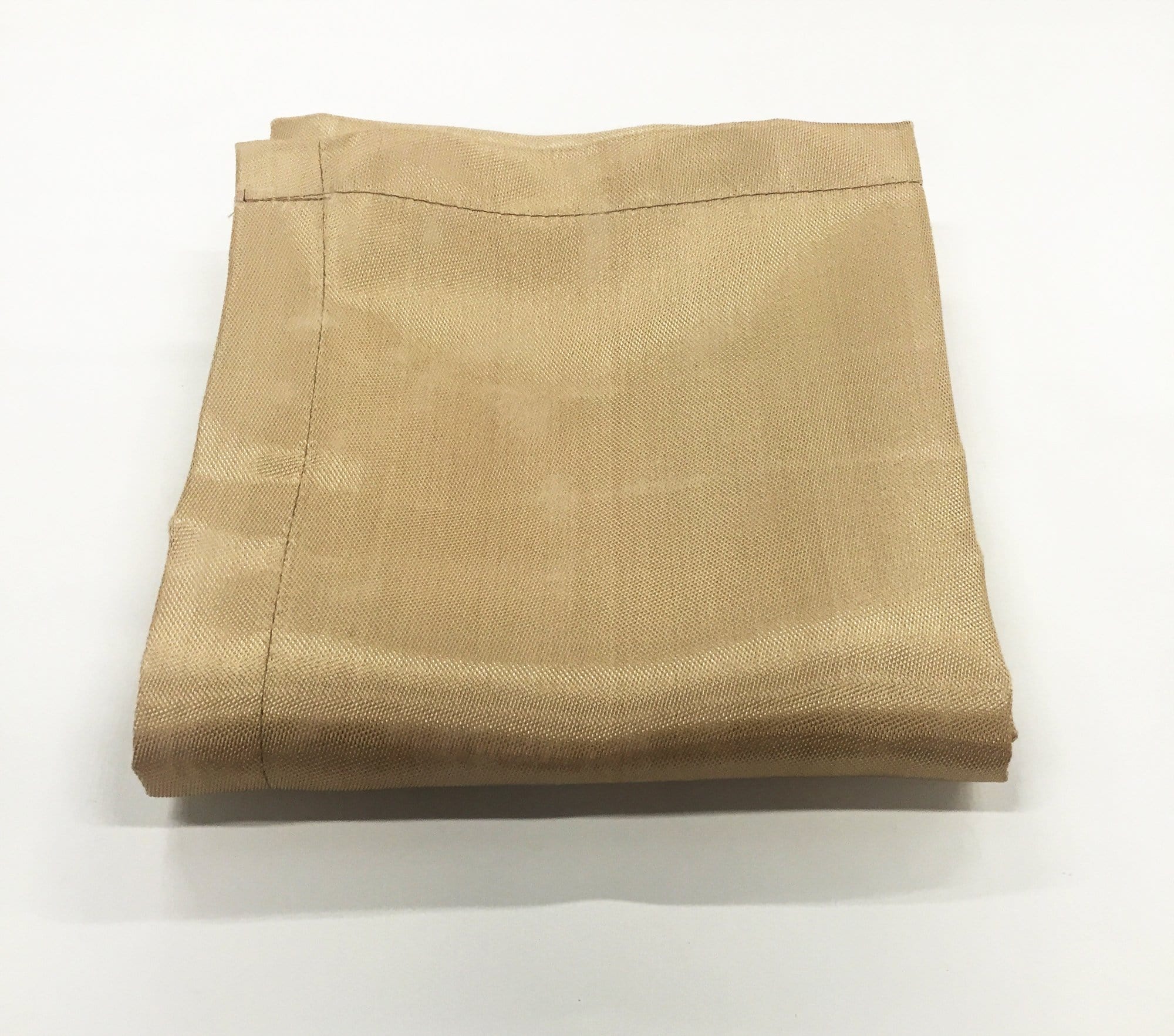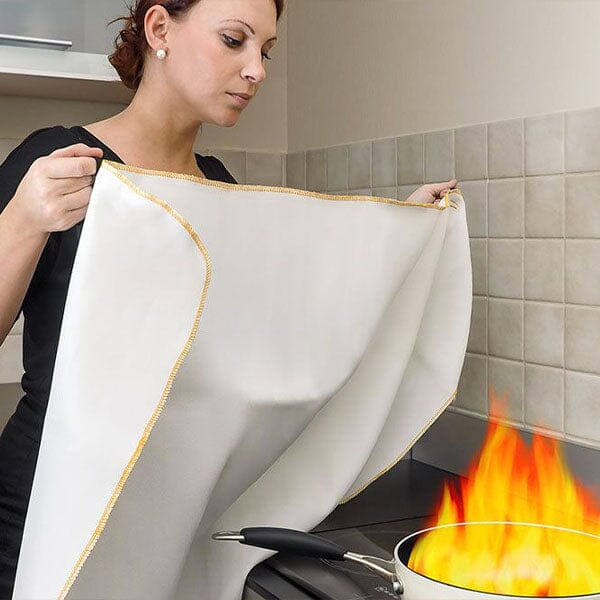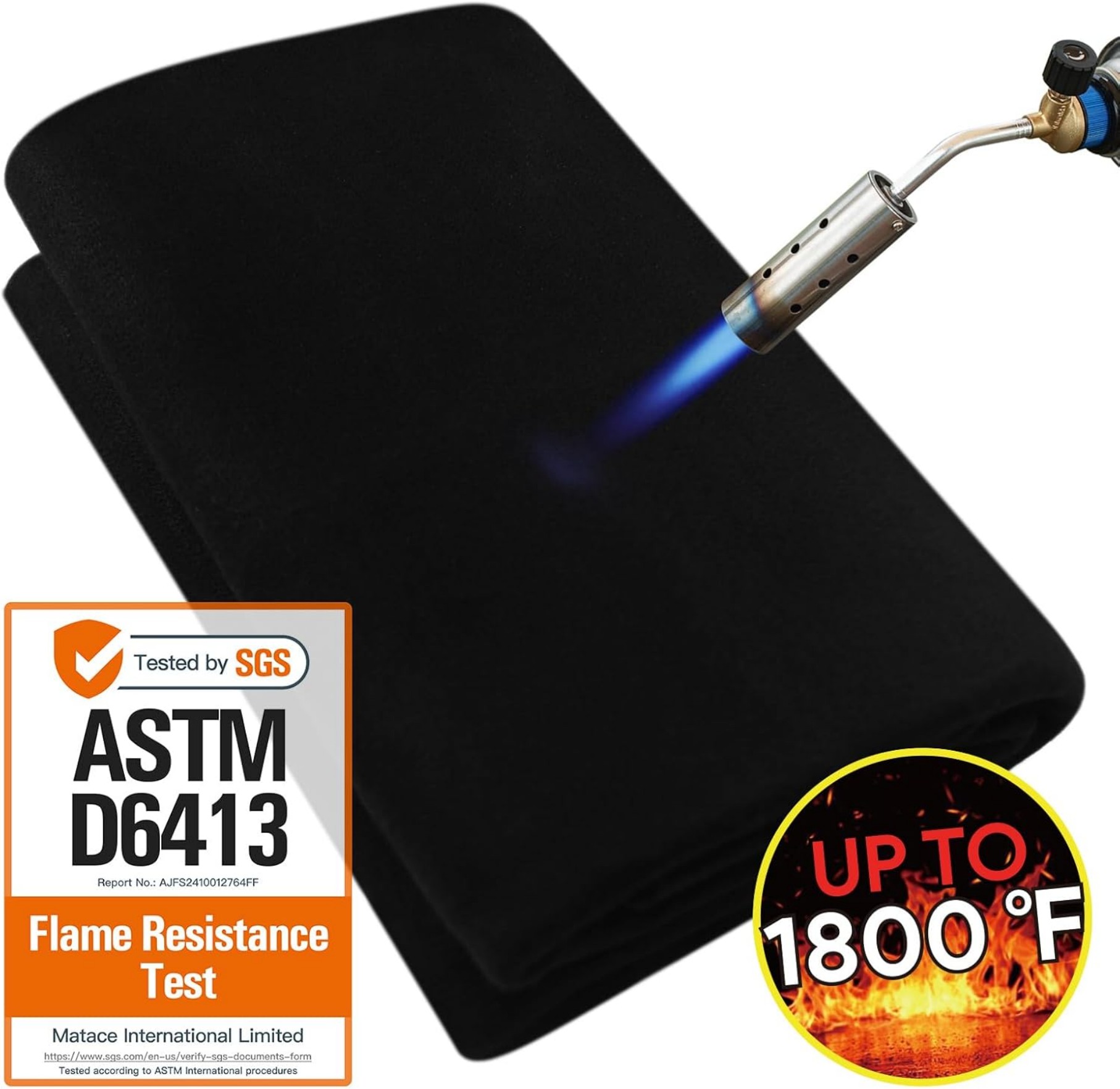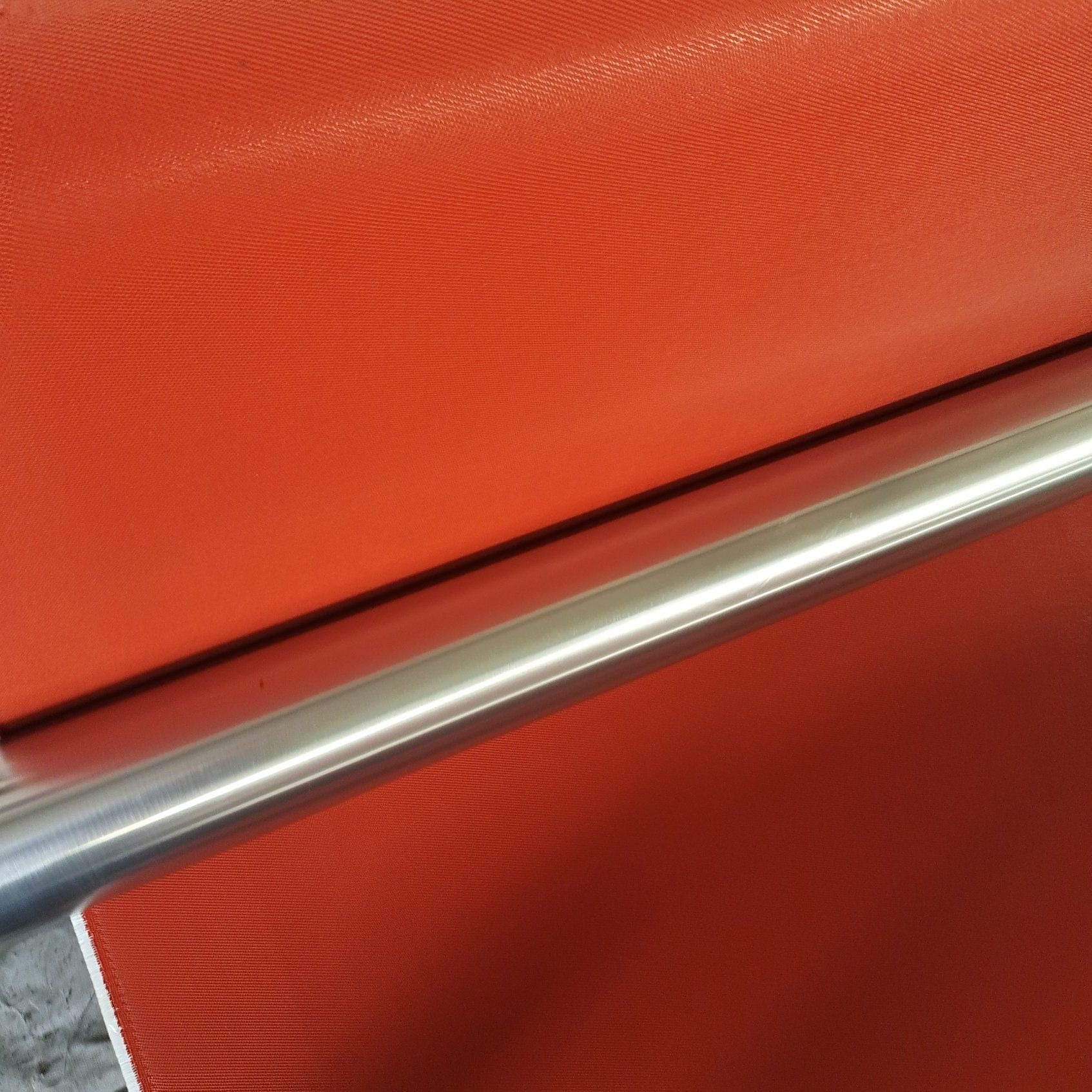Welding Fire Blankets: Essential Protection for Hot Work Safety
Summary:Welding fire blankets are crucial safety tools that protect against sparks, slag, and fire hazards during hot work. This guide explains their benefits, materials, proper use, and maintenance for optimal workplace safety.
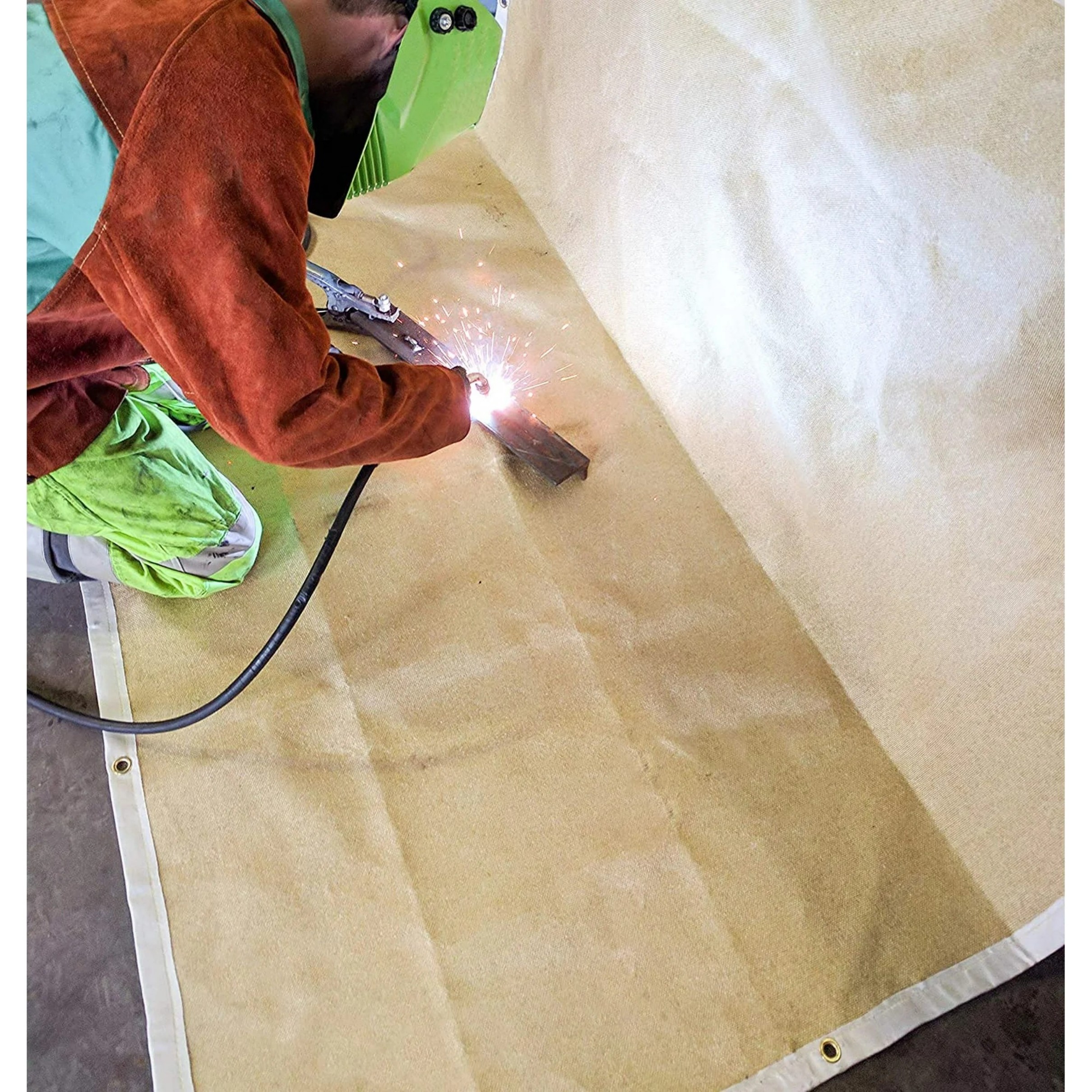
What Are Welding Fire Blankets?
Welding fire blankets are specialized safety devices made from flame-resistant materials. You use them to cover flammable objects or create protective barriers during welding, cutting, or grinding operations. Unlike regular blankets, these can withstand extreme temperatures up to 1,800°F (982°C).
These blankets come in various sizes, typically ranging from 3x3 feet to 12x12 feet. The most common materials include fiberglass, silica, and ceramic fibers - each offering different levels of heat resistance and durability for your specific welding needs.
Why You Need Welding Fire Blankets
Every welding operation produces sparks and molten metal that can travel up to 35 feet. Without proper protection, these can ignite nearby combustibles. Here's why welding fire blankets should be part of your safety gear:
- Prevent fires:They smother sparks and contain slag
- Protect surfaces:Shield floors, walls, and equipment from heat damage
- Create safe zones:Isolate work areas in confined spaces
- Emergency use:Can extinguish small fires or wrap around burning objects
Choosing the Right Welding Fire Blanket
Not all welding fire blankets are equal. Consider these factors when selecting yours:
- Material:Fiberglass (most common), silica (higher heat resistance), or ceramic (best for extreme temperatures)
- Size:Match to your work area - larger spaces need bigger blankets
- Thickness:Thicker blankets last longer but may be less flexible
- Certifications:Look for OSHA, ANSI, or NFPA compliance
- Edging:Metal grommets allow for hanging, while reinforced edges prevent fraying
Proper Use of Welding Fire Blankets
Simply having welding fire blankets isn't enough - you must use them correctly:
Before work:Inspect for damage. Even small tears compromise protection. Cover all nearby combustibles within 35 feet of your work area.
During work:Position the blanket to create a barrier between your welding and flammable materials. For vertical surfaces, secure with hooks or clamps.
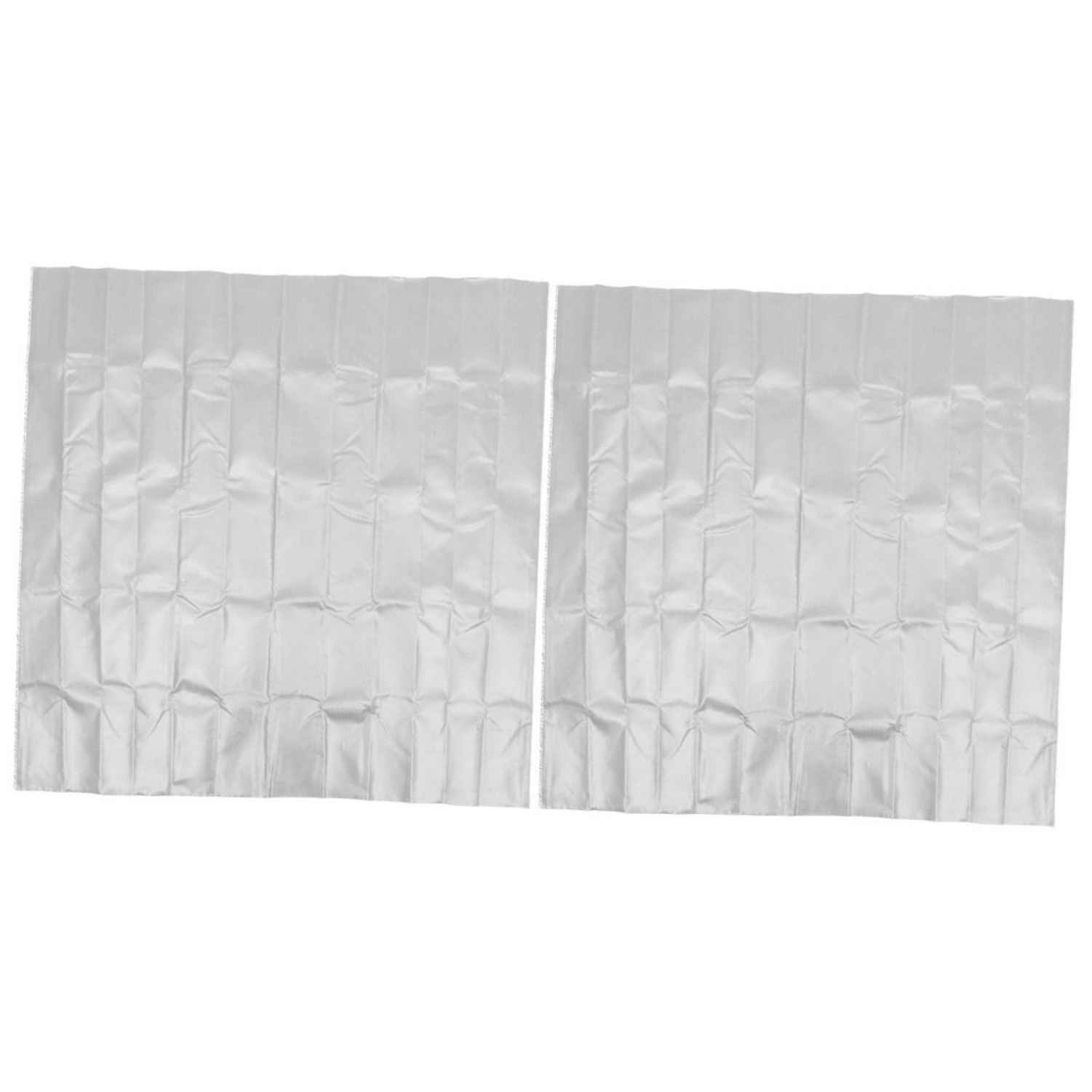
After work:Let the blanket cool completely before handling. Shake off slag carefully - never use water on hot blankets.
Maintenance and Care
Proper care extends your welding fire blanket's lifespan:
- Store in a dry, clean area away from chemicals
- Fold neatly to prevent creases that can weaken fibers
- Clean only by shaking or using compressed air - never wash
- Replace immediately if you notice holes, brittle areas, or contamination
Most quality welding fire blankets last 1-3 years with regular use. Keep a log of inspection dates and replacements for safety compliance.
Beyond Welding: Other Uses
While designed for welding, these blankets have other practical applications:
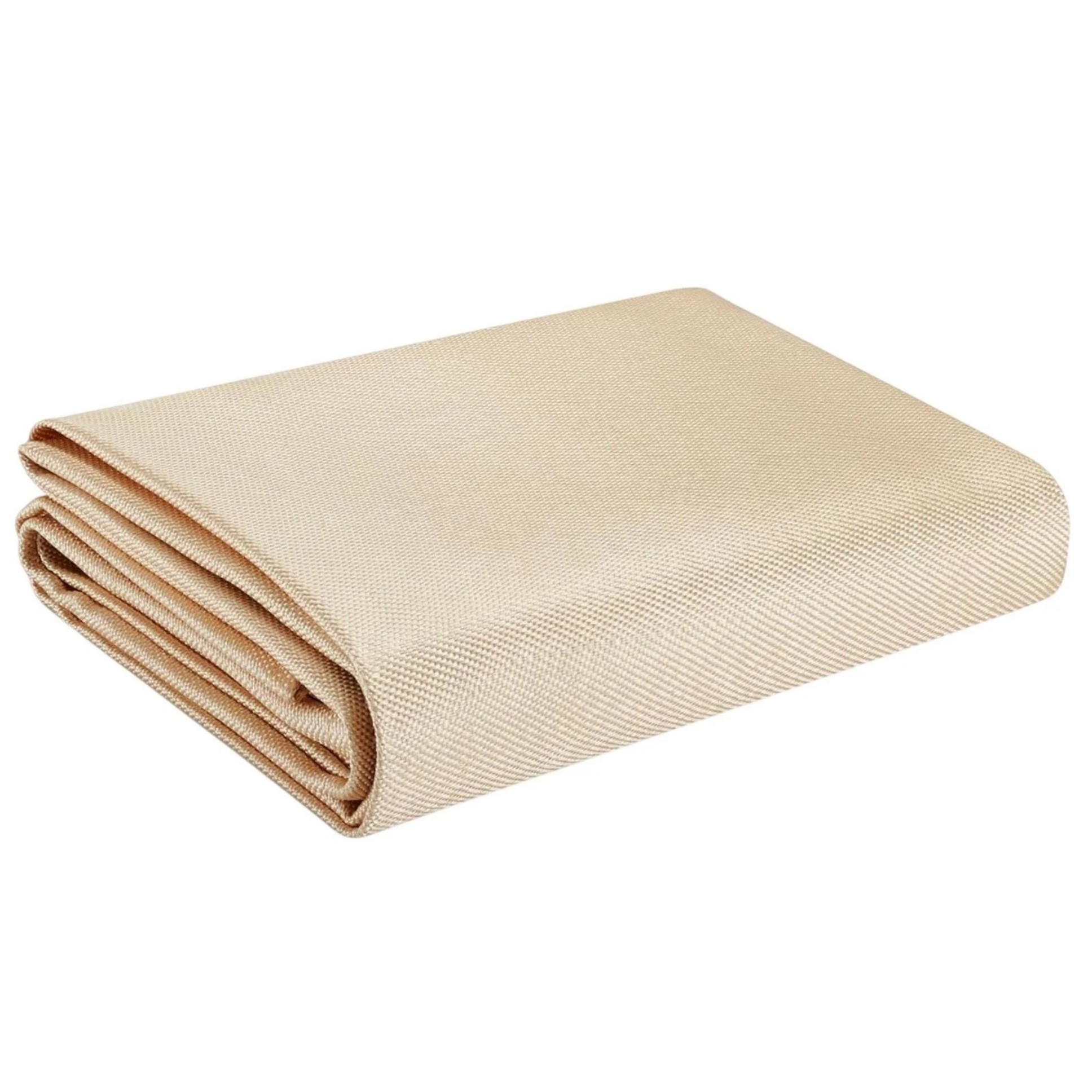
- Protection during metal cutting or grinding operations
- Emergency fire suppression in workshops
- Heat shielding for engine repairs
- Foundry work and furnace maintenance
Safety First
Remember that welding fire blankets are just one part of your safety system. Always combine them with:
- Proper PPE (gloves, helmet, jacket)
- Fire extinguishers rated for metal fires
- Adequate ventilation
- Clear work area free of combustibles
By understanding and properly using welding fire blankets, you significantly reduce fire risks in your workplace. Invest in quality blankets and train your team on their correct use - it's protection you can't afford to ignore.


